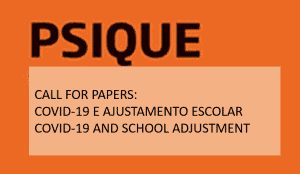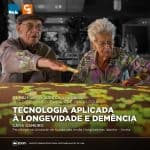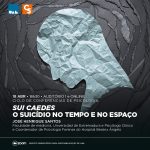The progressive and sharp increase in the older population is a striking trend of the 21st century, which has strong structural implications for our society. Therefore, the diagnosis, evaluation and treatment of diseases associated with aging is one of the great challenges of current Neuropsychology. In this context, the cognitive decline of older people in the preclinical and clinical stages of dementia has a significant impact on the loss of quality of life for these patients and their families, as a result of the progressive loss of patient autonomy. It is, therefore, essential to have useful and psychometrically robust diagnostic tools that allow early detection of the risk of cognitive deterioration and difficulties in performing daily functional tasks, in order to intervene earlier and in a more efficient way. more adapted to the patient's needs. In addition, the increase in ethnic and cultural diversity in Europe, including Portugal, makes the development of neuropsychological assessment tests and norms adapted to this multiculturalism an evident need for adequate diagnosis and treatment in this area. Considering this need, the present investigation aims to study the psychometric qualities, validation and normalization for the Portuguese population of Rowland Universal Dementia Assessment Scale (RUDAS), of Everyday Cognition (ECog) and the Everyday Compensation (EComp) (which assess cognitive functioning and functional capacity), in a multicultural context and considering people from different communities (ethnicities) and with different levels of education (higher and lower).
Neuropsychology and aging: Adaptation, validation and standardization of instruments to assess cognitive skills and functional capacity (2022-2026)
integrated investigator: Pedro Almiro (IR)



